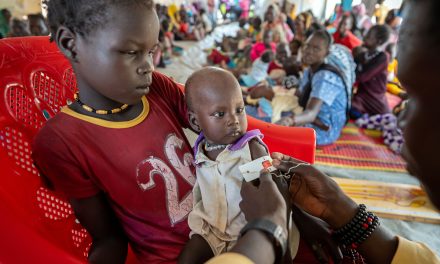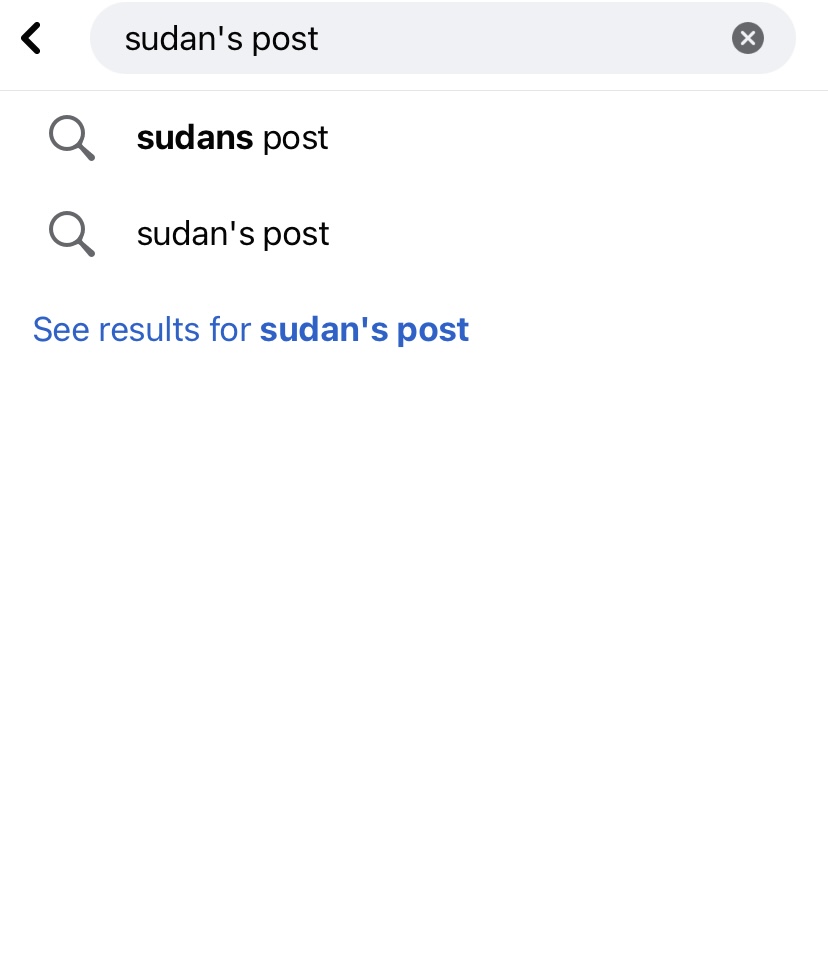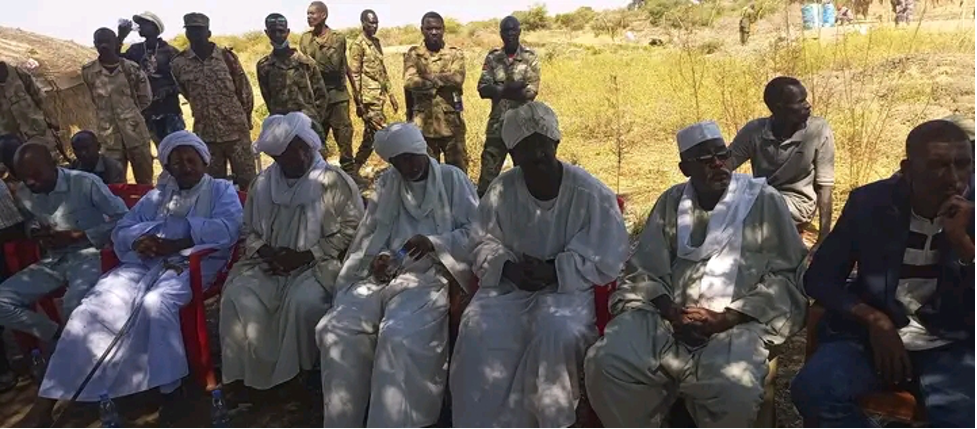
South Sudan urged to ratify UN Protocol to prevent human trafficking
South Sudan’s transitional government of national unity has been urged to speed up the process of ratifying the UN Protocol to Prevent, Suppress & Punish Trafficking in Persons.
Grace Dorong, the Coordinator of Human Anti-Trafficking Network in South Sudan, said trafficking in persons is happening at the entry points as well as places like markets and hotels across the country.
“Trafficking in persons happens in entry points, markets, and hotels, South Sudan has almost half of the population outside in refugee camps, wherever they are they are not safe from human trafficking,” Dorong said during commemoration of World Day Against Trafficking in Persons held at Nyakuron Cultural Center in Juba on Friday.
“South Sudan does not have a law on trafficking in persons and there has not been a referral mechanism, we call upon each and everyone in the country to take steps forward,” she said.
Philip Boterere, the Representative for International Organization for Migration (IOM), said the main purpose for trafficking in persons was driven by greed and selfishness.
“The main purpose that people are trafficked is for selfish reasons by people who are behind it, it does not benefit the person who is trafficked it benefits the perpetrator. We will continue to support the efforts in this country to eliminate and to also alleviate the challenges immigrants face,” Boterere said.
Joy Julie, the head of trade and border relations in the Ugandan community based in Juba, said several Ugandan nationals have been victims of human smugglers at the border crossing points.
“We have a lot of cases, Ugandans are brought here for work and they are told this work is good, but eventually when the person arrives the payment agreement is changed and the nature of work and mistreatment increase,” Julie said in an interview.
She disclosed they have managed to rescue seven victims of human trafficking from their captors whom they helped this year to return to Uganda.
“We have a place in Gumbo market, once you ask them (sex workers) they say we were brought to work, they are brought by South Sudanese to do housekeeping without nationality documents,” Julie said.
South Sudan has a national taskforce charged with combating trafficking in persons but it has done little to prevent trafficking in persons.
United Nations World Day against Trafficking in Persons, celebrated annually on July 30, was established to raise awareness of the plight of human trafficking victims, and promote and protect their rights.
Niyibizi Aladin, the Chairperson of Burundian Diaspora in South Sudan, said most Burundians in South Sudan lack nationality documents that make them prone to human traffickers.
“Most of them (Burundians) do not have documents and others come with one year travelling document which gets expired while they are here. Most of the time they have been misled that there are jobs in South Sudan and they end up stranded here,” Aladin said.
World Day Against Trafficking in Persons is commemorated annually on July 30th.




































